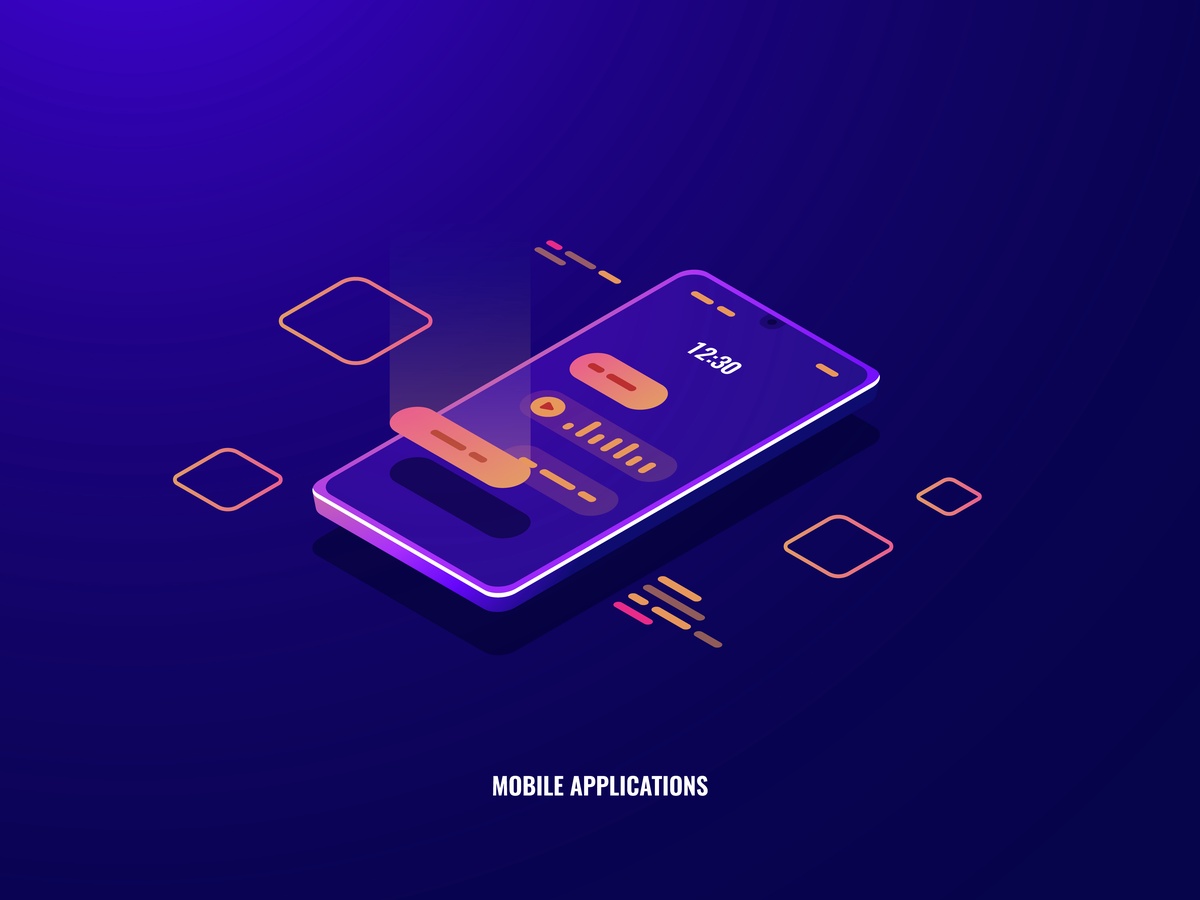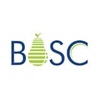Apps for healthcare make it easier for doctors and medical professionals to keep track of patients’ medications, which improve patient safety and treatment accuracy. No matter if it’s for tracking sleep patterns or diagnosing physical diseases, health-related applications are becoming pretty standard for delivering better care and medical facilities right at the fingertips of consumers.
It is anticipated that by 2025, the mobile health industry will have grown to a value of more than $300 billion in the United States alone. Mobile technology advancements are altering the healthcare business by meeting patient requirements and promoting proactive patient involvement in better managing health issues.
Aside from these advantages, advances in mobile healthcare technology provide substantial prospects for improving access and reducing healthcare expenditures.
Advantages of Using Mobile Applications in the Healthcare Industry
- Enhanced Patient Engagement
Quality treatment is more crucial than ever in today’s patient-centered atmosphere. Engaging care for patients, tailored experiences, and information exchange are all made possible by mobile health applications.
Medical data and prescription information may be accessed and tracked by patients from the comfort of their own homes, reducing the need for in-person visits to clinics and hospitals.
- Reduction in Misdiagnosis Risks
Managing patients’ information manually is prone to diagnostic mistakes, inaccuracies, and is time-consuming, so digital records are preferred. The application helps in storing an accurate record of the patient’s health state digitally.
This information aids medical professionals in prescribing the proper medication, including the exact dosage and pharmacological compositions to their patients. When a patient is transitioning from one healthcare practitioner to another, the data can be easily collected to facilitate rapid medical decision-making.
- Direct Access to Medical Care
Mobile health applications make it simple and secure for patients to send messages, book appointments, and communicate with healthcare professionals through telemedicine 24 hours a day, seven days a week.
Patients can skip offline visits for small concerns by asking their queries via video calls, chats, or phone conversations. As a result, this procedure is highly time-saving.
- Enhancements Of Prescription Reminders
Setting up automated reminders for medications, doctor’s visits, and prescription renewals is possible with many different health applications. This way, patients have greater control over their therapy and don’t have to worry about missing out on sessions.
Moreover, these applications reduce a significant amount of tiresome and repetitive administrative effort and improve the patient experience with automatic reminders.
- Improved Data Management
A lot of personal information is handled by healthcare institutions daily. So, it is essential to organize it logically. When incorporated with the system, EHR-integrated healthcare applications instantly record critical patient data from linked devices or wearables.
This makes it possible for healthcare professionals to develop detailed profiles of their patients and comply with HIPAA regulations.
Top 7 Mobile Health Apps For Healthcare Professionals
- Medscape
Medscape is a source of medical news and educational resources for doctors. It has a pill identifier, a medication interaction tool, a dose calculator, a directory of doctors and pharmacies, and a large database of medical problems and their associated information, all of which are integrated into one system. Medscape may be downloaded for free.
- Epocrates
There are some similarities between this and Medscape; however, the athenaText service is unique to this application. AthenaText allows you to rapidly connect with other professionals who use the application for referrals and consultations. A free version of Epocrates is available for anyone who wants to try it. Epocrates Plus may be purchased for $174.99.
- Visual DX
Visual DX is a database of over 32,000 disease mutation photographs that can aid in diagnosing a rare ailment. It’s possible to see photos of patients of all ages and skin kinds. This program is quite pricy at $400 per year for a single membership, but you may negotiate a cheaper deal with your medical group.
- Doximity
Doximity is a popular app that may be used for various purposes. It contains a social networking element that allows doctors to network, send documents, trade HIPAA-compliant information, evaluate incomes, and engage in education and training.
As a bonus, the Doximity mobile app lets you call patients from your smartphone while concealing that you’re using your own phone. Calls will appear to be coming from your business phone number, but they will actually be from your mobile phone instead of your office phone.
- Complete Anatomy
For more than 300 institutions worldwide, Complete Anatomy delivers sophisticated 3D anatomic representations of every human body component. This is a resource you may utilize for your research and to demonstrate to patients what you’re discussing. It is not free to use this technology. The annual fee for a professional subscription is $99.99.
- MDCalc
MDCalc is a medical calculator that you may use for free. It was developed to let doctors spend less time calculating and more time providing patient-centered treatment. Over one million people in over 200 countries have downloaded and utilized the application.
- Dock Health
There are several project and team management applications available, but none of them are geared toward healthcare. Dock Health is a project management tool designed specifically for medical staff.
Keep track of everything that has to be done, assign tasks, and write notes. A 30-day free trial of Dock Health is available for desktop computers and iPhones. To upgrade to a premium, HIPAA-compliant account, you’ll need to contact the Dock Health team.
Conclusion
Utilizing digital technology and the newest developments in healthcare mobile app development services, the healthcare business is undergoing a major revolution. Healthcare staff and hospitals are being encouraged to use smartphone applications to reduce their workloads. We hope this article has given you some insight into the best mobile health apps currently available.


No comments yet